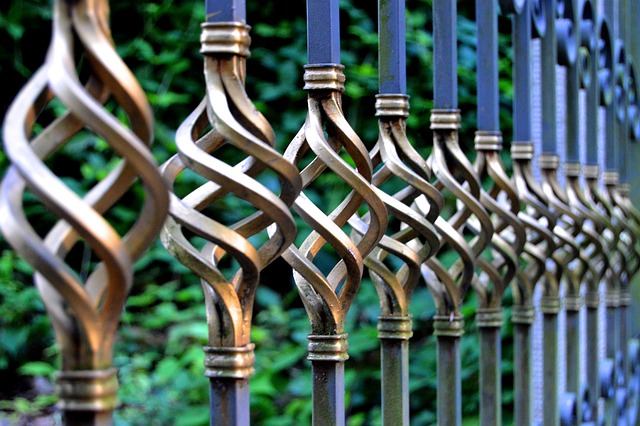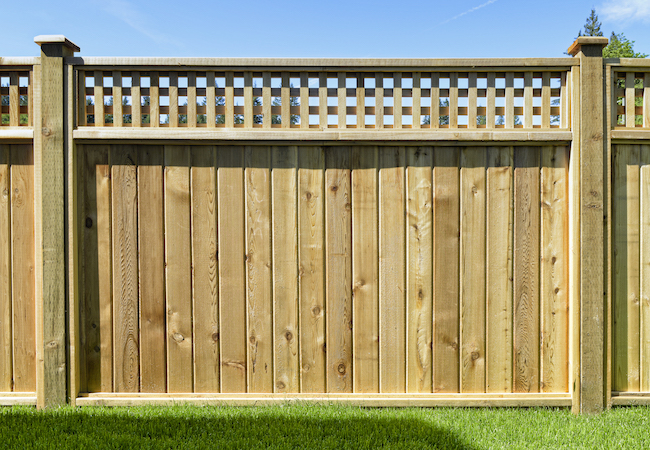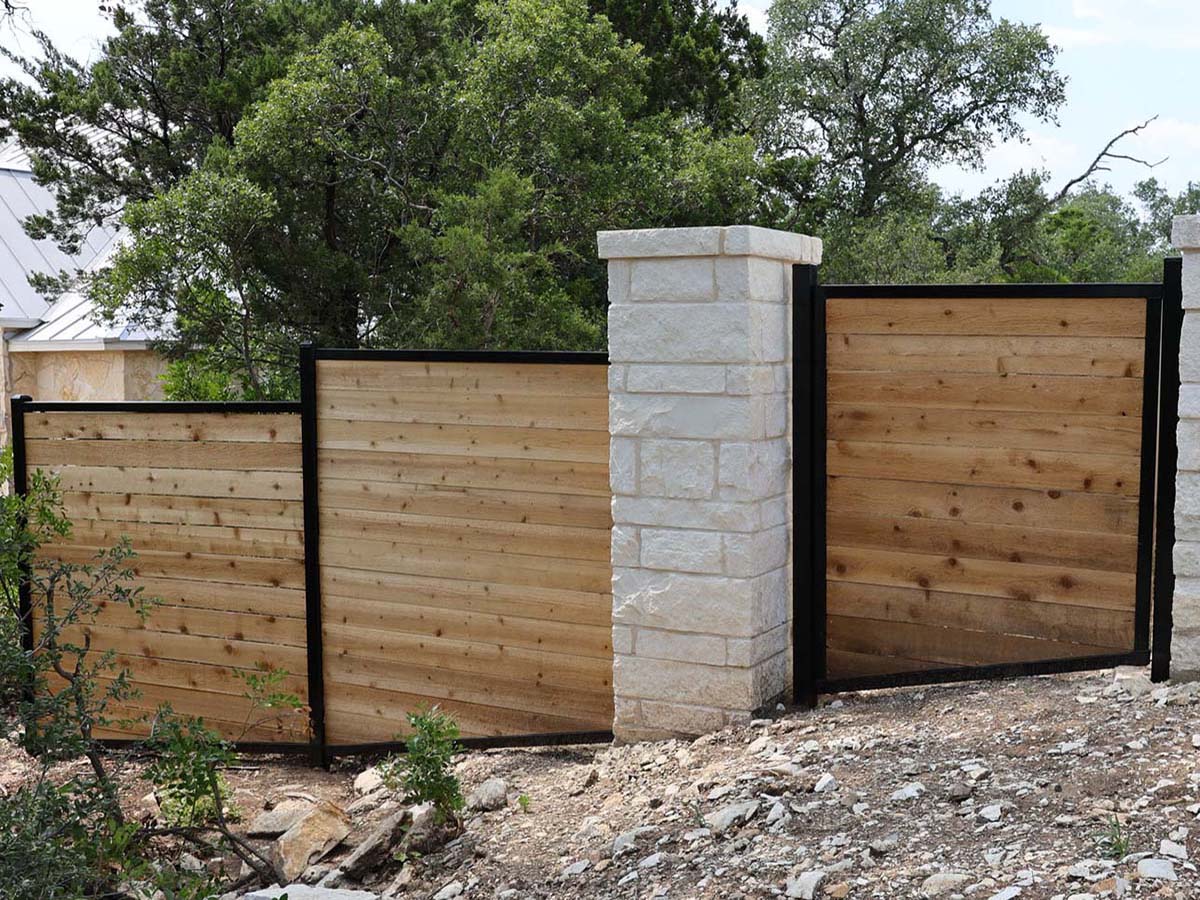All Categories
Featured

Selecting the right secure fencing product is important for achieving the balance of toughness, visual appeals, and capability that matches your property. Wood, vinyl, and aluminum are preferred options, each with special features that accommodate details needs. Right here's a comprehensive take a look at the advantages and disadvantages of these three products.
Timber Fence. Pros:. Classic Charm: Wood supplies an all-natural, traditional look that matches different building styles. Personalized: It can be repainted or discolored in a variety of layouts and colors. Budget friendly: Timber fences are usually less costly ahead of time than vinyl or light weight aluminum. Eco-Friendly: As a renewable energy, timber is eco-friendly and sustainable when sourced responsibly. Cons:. Maintenance-Intensive: Needs routine staining, painting, or sealing to protect against weather and pests. Much Shorter Lifespan: Relying on the kind of timber and climate, it typically lasts 10-15 years. Susceptability to Damages: Prone to decomposing, warping, and termite damage without appropriate treatment. Timber is ideal for homeowners who value aesthetic appeals and agree to invest effort and time in maintenance to extend its life.
Plastic Fencing. Pros:. Sturdy: Immune to pests, rot, and climate, vinyl maintains its framework in harsh problems. Low Maintenance: Calls for little upkeep beyond occasional cleaning. Long Life-span: Plastic can last 20-30 years without significant wear or damage. Flexible Styles: Offered in various shades, textures, and styles, including options that simulate wood. Disadvantages:. Pricey Installment: Vinyl fences are much more pricey to install contrasted to wood. Weak in Winter: Plastic can fracture in extreme cold climates. Difficult to Repair service: If damaged, whole sections may require replacement, which can be testing to match. Plastic fence is a wonderful selection for those focusing on long life and very little upkeep, also if it includes a higher in advance cost.

Light Weight Aluminum Secure Fencing. Pros:. Rust-Resistant: Aluminum does not corrosion, making it ideal for humid or moist locations. Lightweight yet Solid: Offers toughness without being extremely hefty, which streamlines setup. Low Upkeep: Needs little bit greater than cleansing and periodic repainting. Long life: Aluminum fences can last for years without considerable damage. Elegant Styles: Commonly utilized for decorative objectives, aluminum adds elegance to any kind of residential property. Cons:. High First Expense: Aluminum fencings are amongst the much more expensive choices. Minimal Privacy: Usually designed with open areas, they do not obstruct sights or sound. Susceptible to Damages: While sturdy, aluminum can be nicked or curved with hefty influence. Aluminum is ideal matched for those who want a durable, elegant fence and don't call for full privacy.
Making the Right Option. Each material has its weak points and strengths:

Timber is excellent for eco-conscious customers and conventional aesthetic appeals that do not mind upkeep. Plastic benefits property owners looking for a weather-resistant, low-maintenance remedy. Aluminum is a durable, ornamental option for those who desire style and longevity. Consider your top priorities-- whether it's price, maintenance, personal privacy, or look-- and get in touch with a secure fencing professional to choose the material that ideal satisfies your demands. A well-selected fencing will boost your residential property for many years ahead.
Latest Posts
Take Advantage of Special Auto Repair Offers in Chicago at Montclare Auto Repair
Published May 28, 25
1 min read
Explore the Greatest Auto Repair Discounts in Montclare, Chicago
Published May 26, 25
1 min read
Learn How to Save Big on Car Maintenance with Montclare Auto Repair’s Exclusive Deals
Published May 26, 25
1 min read
More
Latest Posts
Take Advantage of Special Auto Repair Offers in Chicago at Montclare Auto Repair
Published May 28, 25
1 min read
Explore the Greatest Auto Repair Discounts in Montclare, Chicago
Published May 26, 25
1 min read
Learn How to Save Big on Car Maintenance with Montclare Auto Repair’s Exclusive Deals
Published May 26, 25
1 min read